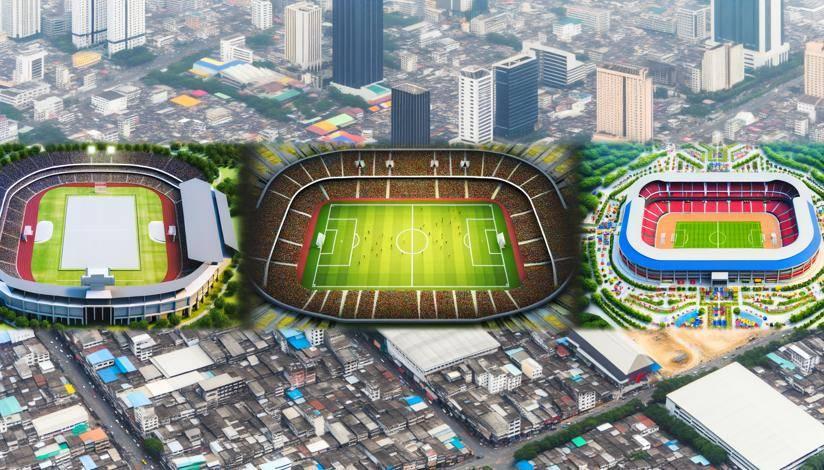

Small Businesses: Professional sports generate increased foot traffic and revenue for local businesses. On game days, fans flock to the stadiums and arenas, creating a surge in customers for restaurants, bars, hotels, and retail stores. These businesses often see a boost in sales, leading to job growth and expansion. Additionally, professional sports teams often partner with local vendors and suppliers, further supporting small businesses in the area.
Tourism: Professional sports can be a major draw for tourism. Fans from out of town travel to watch their favorite teams play, bringing business to hotels, restaurants, and attractions. Cities with professional sports teams also have the opportunity to host major sporting events, such as championships and tournaments, which attract even more tourists and generate substantial revenue. The positive impact of sports tourism can extend beyond the immediate game days, as visitors may explore the city and spend money at various establishments.
Job Market: The presence of professional sports teams creates job opportunities in various sectors. Stadiums and arenas require staff for ticketing, security, concessions, and event management. In addition, the increased business activity from sports events leads to job growth in related industries, such as hospitality, transportation, and retail. These jobs not only provide income for the local workforce but also contribute to the overall economic stability and growth of the region.
While professional sports have undeniable economic benefits, there are also some disadvantages to consider. One potential downside is the cost of hosting and maintaining sports facilities. Cities often invest significant funds in building and renovating stadiums and arenas, which can be a strain on public budgets. Furthermore, the success of professional sports teams can be unpredictable, and a decline in performance or fan support can have negative financial repercussions for the city and local businesses.
In conclusion, professional sports have a substantial impact on the local economy, particularly for small businesses, tourism, and the job market. They create opportunities for business growth, attract tourists, and provide employment. However, it is important for cities to carefully consider the financial implications and long-term sustainability of hosting professional sports teams. Overall, the positives outweigh the negatives, and the economic benefits make professional sports a valuable asset to local communities.

Business growth
Tourism boost
Job opportunities

Cost of sports facilities
Unpredictable success




















-
https://www.forbes.com/sites/tomvanriper/2015/05/12/how-the-nfls-super-bowl-economics-works/?sh=64baff043128
-
https://www.nytimes.com/2020/01/28/sports/football/local-businesses-super-bowl.html
-
https://sportstravelmagazine.com/why-sports-matter-to-tourism/






































